
In a region where everything seems to be standing on its head and doing its best to defy decades of “conventional wisdom,” Saudi Arabia’s decision to decline a coveted seat on the UN Security Council shouldn’t seem so surprising. However, the rationale behind the abrupt about-face that reportedly surprised even the Saudi UN Ambassador is worth consideration as it speaks to the fluidity of the balance of power in the region and the scrambling of regional players to jockey for pole position in the still to be determined new regional order. There are three possible explanations; each indicating a breach in US-Saudi relations yet still affirming a level of dependency on the retreating super-power.
The first explanation is to take the Saudi explanation at face value. They see no point in joining an international body that has proven incapable of offering a solution the region’s most pressing problems. UN paralysis over the crisis has long angered the Saudis, who sought definitive action against the Assad regime. The chemical weapons punt brokered by the US and Russia now has Syria trudging back to a re-assertion of Assad’s rule. This is the worst case outcome for the Saudis and seen as yet another betrayal by a United States all too willing to abandon friends in the region. When taken in combination with Saudi and regional frustration on Security Council impotence in addressing other regional crises, not the least of which is the failure of the UN body to deliver a just settlement to the Palestinian question, the Saudis took the chance to demand reform.
There is no question that the rhetoric of double standards marshaled to justify the decision played well with the “Arab street,” which is an important outcome for Saudi Arabia, which has seen its soft power decline among key Sunni-Moslem constituencies in Egypt, Lebanon , Turkey and Palestine. However, the short PR boost will quickly be consumed by jaundiced cynicism if no regional alternative strategy commences; which by all measures is not forthcoming.
The chorus of Gulf States cheering the “brave” Saudi decision speak to another source of Saudi frustration: possible US rapprochement with Iran and failure to move on a nuclear weapons free zone in the Middle East. Problem with this analysis is the disconnect between aims and means. If keeping tough sanctions and a possible military strike on the table is Saudi’s end goal, closer cooperation with the United States, including providing cover in the UNSC, would seem the more rational course of action.
Which brings me to the third, and most compelling explanation: the Saudis were hedging. They want to assert their independence and displeasure with the United States Syria policy in particular but are still leery of the consequences of a complete rupture with the world’s sole superpower even as its willingness to exercise that strength is in decline.
The Saudis are no neophytes to global diplomacy or the inner-workings of the various UN bodies. Their recent experience in the UN Human Rights Council has provided strong lessons for the conundrums facing Arab allies of the United States as they navigate these systems. Voting with their ally will engender opposition in the streets and be seen as backing the US/Israeli agenda (there is no daylight between these two here) at the expense of their Arab brethren. However, voting against the US would risk a spat with an ally necessary for Saudi national security and regional power projection. Abstaining would only assure that everyone is upset, as King Hussein learned in 1990-1991.
The list of probable issues coming towards the UN Security Council in the coming years would all see the Saudis caught between the frying pan of US disapproval and opprobria on the Arab Street. It is avoiding these precise sorts of public show-downs that scholars like Bernard Haykel have long cited as an explanation for the Saudi’s preference for low profile, back room diplomacy. The choice to pursue the seat was regarded by many as a welcome but high stakes shift towards a more assertive foreign policy and a bid to reassert its leadership during a time of turmoil. In this light, turning the seat down suggests a reappraisal of the merits of this strategy.
A plausible conclusion is that the Saudis, all public protestations of a change in their relationship with the US notwithstanding, are keenly aware that an alliance with the United States is still necessary for the Kingdom to advance its regional interests. Part of the frustration with US possible rapprochement with Iran is the recognition that Saudi’s dependency on the US nuclear umbrella will be even more acute if Iranian ambitions are unchecked. Moreover, the region the Saudi’s are purporting to lead is combustible, fragile and fraught with conflicts that could infiltrate the kingdom’s own borders if left unaddressed. Opposing US policy may enhance Saudi’s regional influence but absent US resources it is unclear how that influence can be translated into actionable policy to preserve, let alone better, Saudi’s interests.
This essay by Madawi Al-Rasheed provides a compelling analysis of the shaky situation in the Saudi’s regional coalition. As stated in their break up letter to the UN, the Saudis are fed up with double standards and the willingness of global powers to let regional wounds fester in pursuit of their geo-political interests. Nevertheless, deeming the global institution a waste of time because of the global balance of power is not the same as being ready to challenge it, even on a regional level.

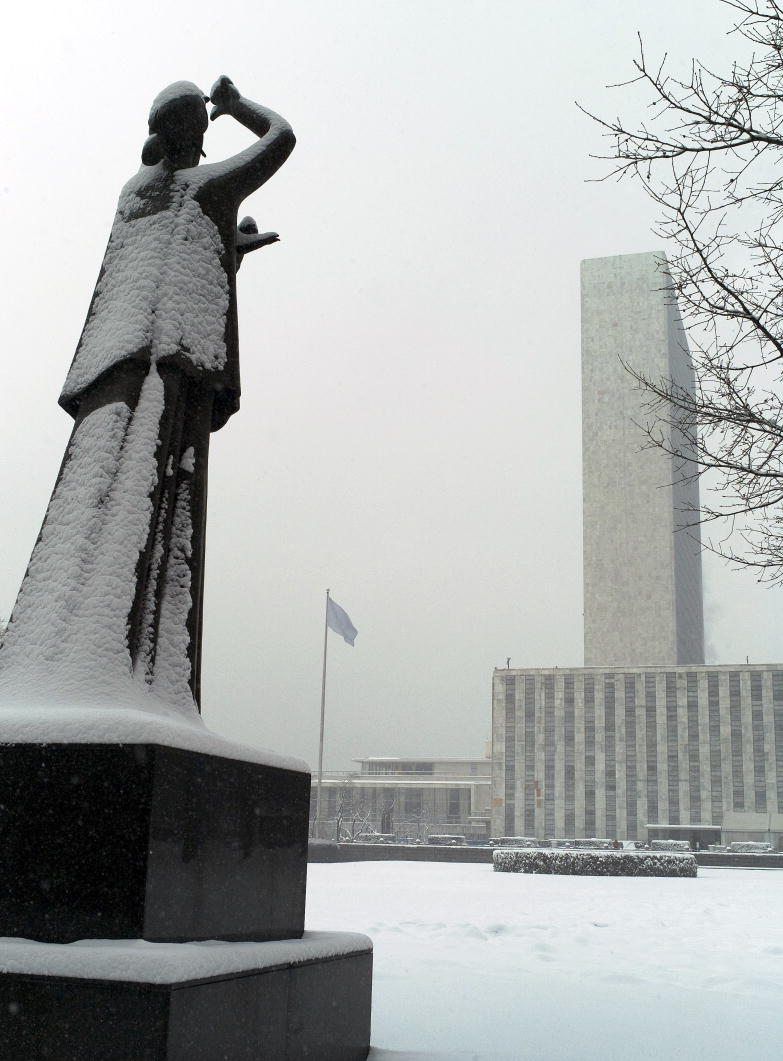
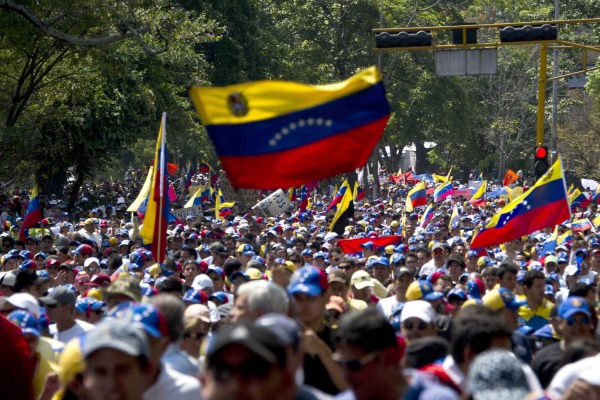
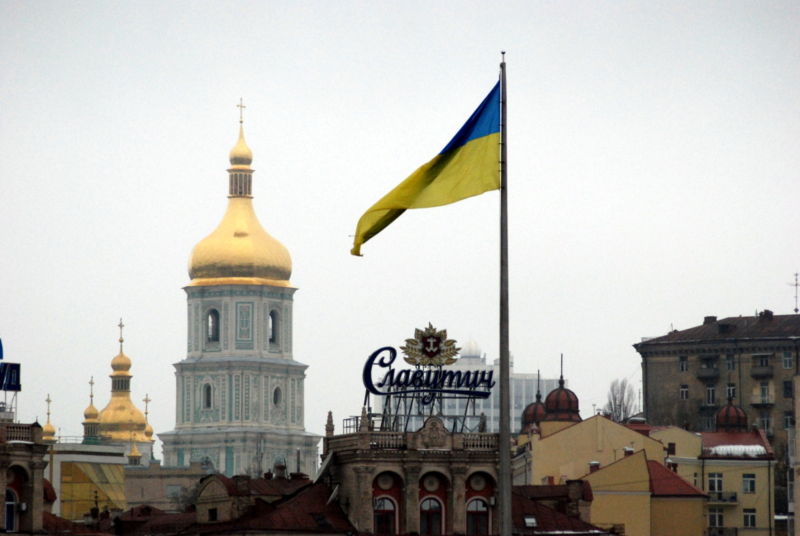
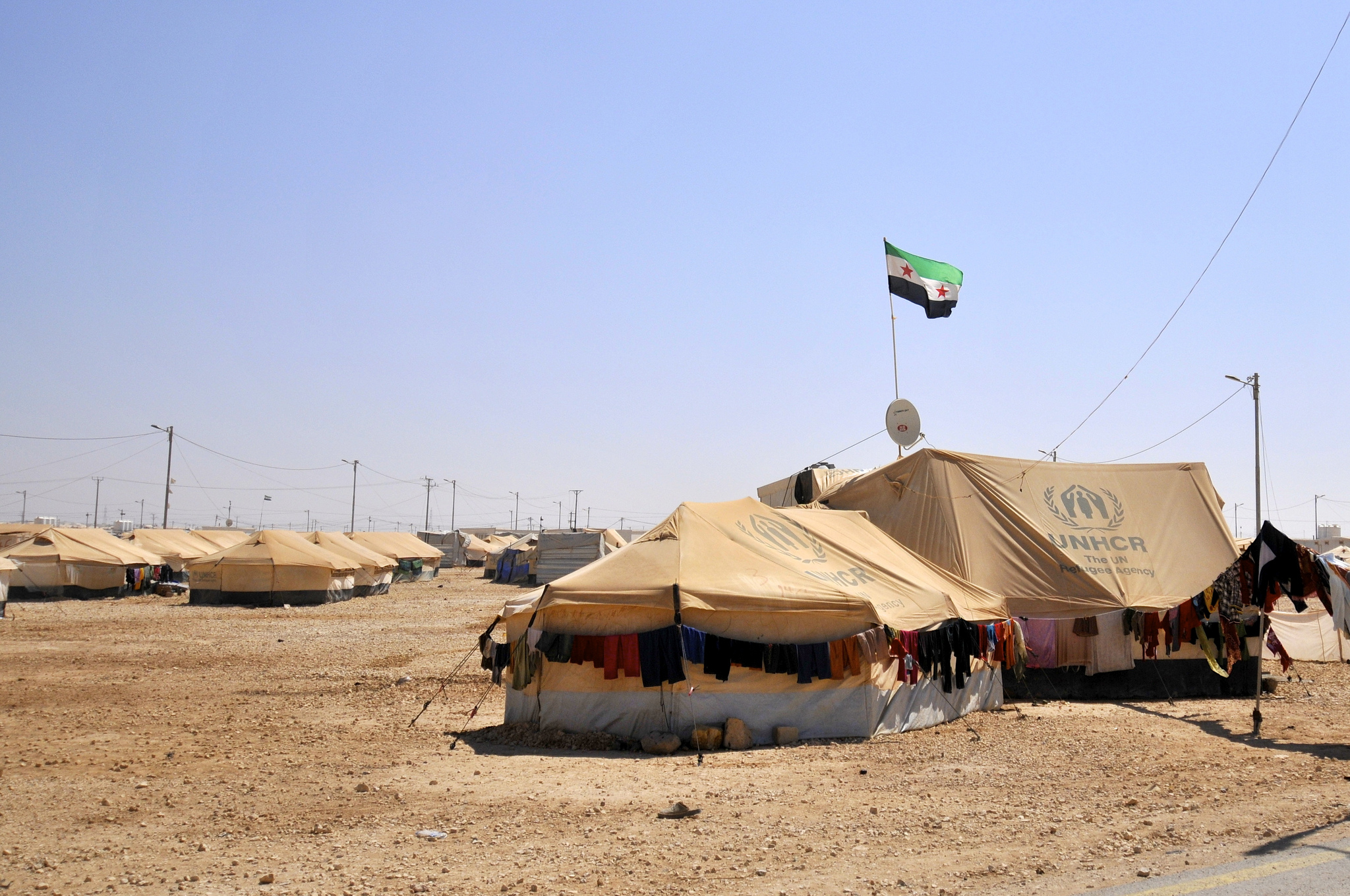


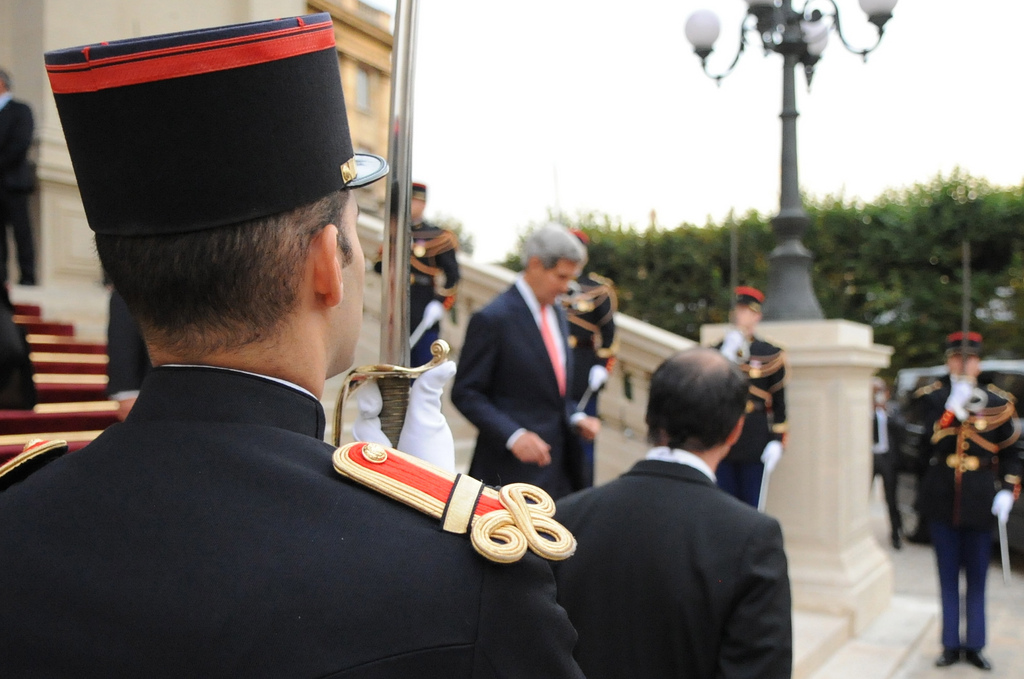
0 comments
I would like to suggest another possibility. The U.S. ruling class is divided on how to proceed in the Middle East. One faction wants to continue the present involvement in spite of its high price and dubious results; the other would prefer to turn away from the Middle East and focus on other areas and problems. Hence the decision to pass on intervention in Syria after years of carefully nurturing a civil war there. The former faction is obviously closely connected to the Saudi regime and has suggested, or perhaps instructed, some kind of game of pretended disaffection to be played. The move may be part of a larger plan which isn’t visible yet.
I seriously doubt that the U.S. would ever suggest to an ally that they NOT be on the Security Council. That means, at best, that a potentially friendly face isn’t on it and that at worst an unfriendly government gets the seat instead.
Then there’s the improbable capability of the U.S. to simply tell the Saudi government to not take the seat. Despite what people across the world seem to think, if the U.S. government actually could give marching orders to other governments our issues would be far more simple than they actually are*.
And “years of carefully nurturing a civil war there”? By all reports the most that has been done by the U.S. has been to train a few hundred and possibly supply light arms. If you’re going to assign responsibility for the civil war breaking out, I think the Assad government deserves the vast majority for shooting at unarmed demonstrators.
*See trade disputes over Japan’s tarriffs, the headache of Germany insisting all its soldiers must be accompanied by medical evac vehicles in Afghanistan (making them useless for most terrain there), Rwanda’s continued backing of rebels in Congo etc.
No doubt the situation varies from country to country and from time to time. Without internal information, I can only look at the broad outlines of things. Cynical and paranoid though I might be, I would never have predicted that the U.S. could simply order Evo Morales’s plane to be grounded until searched. Even France complied! But Saudi Arabia, or at least its regime, would last about five minutes without strong backing, or at least backing by some party among the U.S. ruling class. There is no doubt that they are a satellite. The idea that the Saudi regime would promote democracy anywhere is absurd, as is the idea that they would provoke the Syrians, the Iranians, and the Russians without some sort of command or prospect of reward. Therefore, I take it the Syrian civil war as it was engineered over the last few years with support from Saudi Arabia was an imperial game, which as it happened didn’t work out as planned. The prize might have been the Russian naval base.
The current survival of the Saudi government is based on their oil wealth, not the United States. Were the U.S. to abruptly disappear, probably the only thing that would change in Saudi Arabia would be that even more would be spent on weapons and the odds of a war with Iran would be a bit higher. Remember that the Saudi government survived nicely without major U.S. support prior to the late 1970s.
After that I have no idea what you mean when talking about Saudi Arabia and democracy. The violence in Syria rather clearly happened completely independent of Saudi influence.